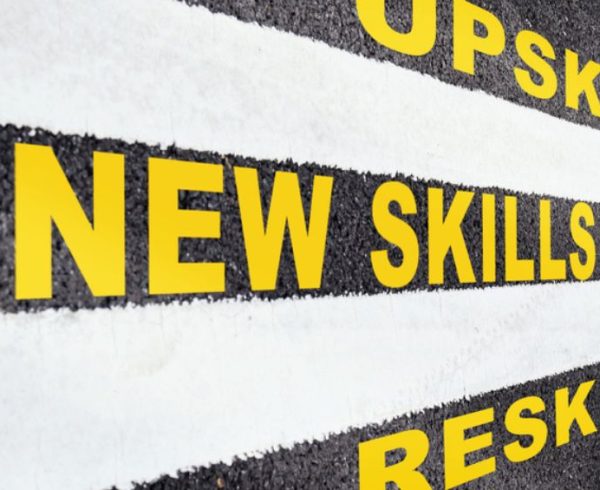As industries continue to evolve and adapt to the digital age, the demand for new skills and competencies is on the rise. To meet this demand, organizations are embracing innovative approaches to skill development that leverage technology, personalize learning experiences and foster a culture of continuous improvement. Let’s explore six key trends transforming the skill development landscape.
- Increased Emphasis on Remote Training:
The shift towards remote work has accelerated the adoption of remote training solutions. Virtual classrooms, online courses and webinars provide flexibility and accessibility, allowing employees to learn from anywhere, anytime. This trend enables organizations to reach a broader audience and empowers individuals to control their learning journey. - Focus on Digital and Technical Skills:
With digital transformation driving change across industries, there is a growing emphasis on developing digital and technical skills. From coding and data analysis to cybersecurity and digital marketing, proficiency in these areas is increasingly valued in the job market. Organizations are investing in training programs and certifications to equip their workforce with the skills needed to thrive in a technology-driven world. - Personalized Learning Paths:
One-size-fits-all training approaches are giving way to personalized learning paths tailored to individual needs and preferences. Using data analytics and machine learning algorithms, organizations can identify skill gaps, assess learning styles and recommend targeted learning interventions. Personalized learning paths enhance engagement, retention and effectiveness, leading to better outcomes for learners and organizations alike. - Integration of Emerging Technologies:
Emerging technologies such as AI, augmented reality (AR) and virtual reality (VR) are revolutionizing the way skills are developed and applied. AI-powered learning platforms can deliver adaptive learning experiences, provide real-time feedback and personalize content based on learner interactions. AR and VR simulations offer immersive training environments that simulate real-world scenarios and enhance skill acquisition in healthcare, manufacturing and aviation fields. - Continuous Learning Culture:
In today’s fast-paced world, the ability to learn and adapt is essential for success. Organizations are fostering a culture of continuous learning that encourages employees to seek out new knowledge, develop new skills and embrace lifelong learning. From mentorship programs and knowledge-sharing initiatives to learning communities and peer-to-peer networks, organizations are creating environments where learning is valued, supported and celebrated. - Soft Skills Development:
While technical skills are important, soft skills such as communication, collaboration, critical thinking and adaptability are equally crucial in today’s interconnected and rapidly changing world. Organizations are recognizing the importance of soft skills development and incorporating them into their training programs. Employees can develop the interpersonal and emotional intelligence skills needed to thrive in diverse work environments through experiential learning activities, role-playing exercises and feedback mechanisms.
Also read: EMPOWERING TOMORROW’S TALENT: WHY RESKILLING AND UPSKILLING MATTER NOW MORE THAN EVER
Empower Your Workforce with Skill Development and Economic Development Collaborative
As the skill development landscape continues to evolve, organizations must stay ahead of the curve and embrace innovative approaches to learning and development. Economic Development Collaborative can help you harness these trends to unlock the full potential of your workforce and drive success in the digital age. Contact us today to get started. Call us at 805.409.9159 for a consultation.







